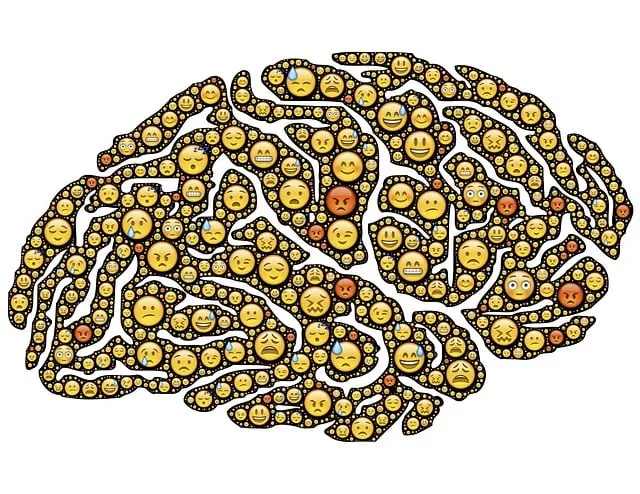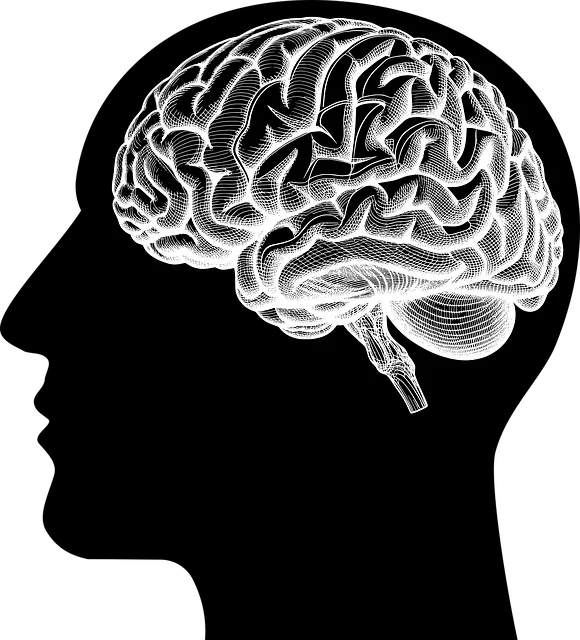Kaiser's therapists in Lafayette excel at mental illness diagnosis due to a nuanced approach that considers personal history, environmental factors, and individual resilience alongside symptoms. They employ evidence-based practices, specialized workshops, and Inner Strength Development programs to ensure accurate diagnoses and personalized treatment plans. With a commitment to continuous professional development and innovative strategies, Kaiser leads efforts to improve mental health care in Lafayette, addressing stigma and empowering patients through effective communication and self-care practices.
Mental illness diagnosis accuracy is a critical issue, with many challenges stemming from complexity and subjectivity. This article explores efforts to improve diagnostic reliability, focusing on initiatives by Kaiser and access to quality care in Lafayette. We delve into understanding the challenge of mental health diagnosis, examining Kaiser’s innovative training and resources, and discussing future directions including advanced strategies. Moreover, we investigate whether Kaiser offers competent therapists in Lafayette, addressing patients’ need for accessible, accurate care.
- Understanding the Challenge: The Complexity of Mental Illness Diagnosis
- Kaiser's Approach: Training and Resources for Improved Accuracy
- Patient Perspective: Accessing Quality Care in Lafayette
- Future Directions: Innovative Strategies to Enhance Diagnosis Reliability
Understanding the Challenge: The Complexity of Mental Illness Diagnosis

Mental illness diagnosis is a complex process due to the vast array of symptoms and conditions involved. Each individual’s experience with mental health issues is unique, making it challenging for professionals to accurately pinpoint a disorder. The complexity arises from the fact that many disorders share similar characteristics, and symptoms can overlap significantly. For instance, depression and anxiety often coexist, complicating the diagnostic process. This challenge demands a nuanced approach where healthcare providers consider not just symptoms but also personal histories, environmental factors, and individual resilience.
At Kaiser, for example, in Lafayette, therapists employ various techniques to enhance diagnosis accuracy. They prioritize building confidence and resilience among patients, enabling them to express their experiences openly. By fostering emotional well-being through these Confidence Boosting and Resilience Building techniques, therapists can gain a clearer understanding of the patient’s mental health landscape. This holistic approach ensures that diagnosis is not just based on symptoms but also on the individual’s overall emotional state and personal context, ultimately leading to more precise and effective treatment plans.
Kaiser's Approach: Training and Resources for Improved Accuracy

Kaiser’s commitment to improving mental health diagnosis accuracy is evident through their comprehensive approach. They invest heavily in training and resources for therapists, focusing on evidence-based practices and continuous professional development. This includes specialized workshops on recognizing subtle symptoms, diverse cultural considerations, and the latest research in mental health assessment. By empowering their therapists with the necessary tools, Kaiser ensures that patients in Lafayette and beyond receive accurate diagnoses and personalized treatment plans.
Furthermore, Kaiser’s Inner Strength Development programs prioritize mood management techniques and mental wellness coaching. These initiatives aim to strengthen individuals’ coping mechanisms and promote resilience, fostering a supportive environment for both therapists and clients. Through such innovative strategies, Kaiser strives to enhance the overall effectiveness of their services, contributing to improved outcomes in mental health diagnosis and treatment.
Patient Perspective: Accessing Quality Care in Lafayette

In Lafayette, accessing quality mental health care is a top priority for many patients, especially those navigating the complexities of mental illness. Organizations like Kaiser have made significant strides in providing excellent therapists and comprehensive services to the community. However, challenges remain, particularly in reducing the stigma surrounding mental illness, which can deter individuals from seeking necessary support.
Communication strategies play a pivotal role in improving diagnosis accuracy. Effective communication between patients and healthcare providers fosters understanding and trust. Encouraging open dialogue about symptoms, concerns, and personal experiences can lead to more accurate assessments and personalized treatment plans. Additionally, integrating self-care practices into care routines empowers individuals to actively participate in their mental well-being, enhancing the overall effectiveness of therapy.
Future Directions: Innovative Strategies to Enhance Diagnosis Reliability

Looking ahead, enhancing mental illness diagnosis reliability necessitates innovative strategies that go beyond conventional methods. Kaiser’s commitment to excellence in healthcare makes it an ideal setting for pioneering these advancements. One promising direction is leveraging technology for more precise assessments. Artificial intelligence and machine learning algorithms can analyze vast datasets, including patient histories, symptoms, and behavioral patterns, to identify subtle trends and correlations often missed by human experts. This technological edge promises improved accuracy and personalized treatment recommendations.
Moreover, integrating holistic approaches like stress management techniques, inner strength development programs, and community outreach initiatives can significantly contribute to reliable diagnoses. By addressing the socio-economic and environmental factors that influence mental health, these strategies empower individuals to take control of their well-being. With a focus on comprehensive care that combines cutting-edge technology with human connection, Kaiser has the potential to elevate its services, ensuring that patients in Lafayette receive the highest level of diagnosis reliability and personalized treatment plans, ultimately enhancing lives through effective interventions.
Mental illness diagnosis accuracy is a multifaceted challenge that requires a collaborative approach. As discussed, understanding the complexity of mental health conditions is crucial, and organizations like Kaiser are leading the way with comprehensive training programs to improve diagnostic reliability. In places like Lafayette, where access to quality care is a concern, such efforts can make a significant difference. Future strategies should focus on innovative technologies and patient-centered care to ensure accurate diagnoses and effective treatment plans. With consistent improvement, communities like Lafayette may soon experience higher levels of mental health support, with does Kaiser have good therapists becoming less of a question and more of a guaranteed standard of care.






